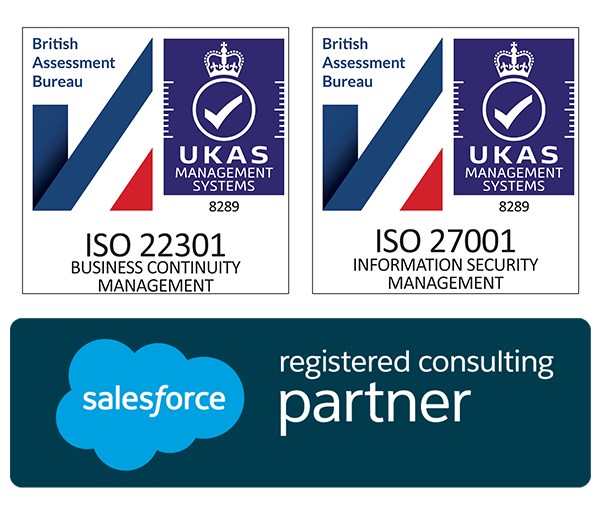
Best Approach for Managing Growth in Business

Every company’s objective is to grow and be successful. For some SaaS start-ups, growth can be instant as they become overnight successes and for others, the journey can be more gradual. Software companies must grow quickly to ensure survival in this industry. Therefore managing growth is a critical task that if ill-prepared for, can undermine your success and reputation. We take a look at how you can prepare in advance so that you have the ability to scale efficiently.
When managing growth, the right team is key
Don’t underestimate the importance of teamwork. As a small business looking to grow, you need to make sure you have the right players alongside you. There will often be times where people will need to assist in activities that may not fall under their job description. Having the right team means everyone being dedicated to the cause and offering their full support wherever it’s needed. But while you should expect a certain level of teamwork and participation, don’t exhaust your resources by increasing their workloads. When managing growth, you must adopt a measured approach to allocating your resources to minimise the strain.
Not only do you need to ensure that you have the right team of people to help reach your company’s growth trajectory in the first place, but it will undoubtedly be crucial to have to hire new people as you scale up.
The recruitment and hiring process is a lengthy and time-consuming one. Be prepared for this by ensuring you have a structured recruitment procedure in place to allow you to hire the right candidates that meet your criteria. Don’t succumb to the pressures of having to fill positions quickly as a result of rapid growth. You will not attract the best talent which can be an expensive mistake to make. Prepare in advance and hold out for the right candidates that will fit your company best. Waiting for the right fit will have a much better payoff than quickly filling those vacancies to meet your targets.
Master the reporting
To manage growth, you need to have a monthly and quarterly reporting cycle in place. If you’re a small business growing rapidly, you cannot afford to report data on a quarterly basis. Especially in this dynamic industry, it is crucial to producing detailed monthly reports so that you can be aware of emerging trends and be capable of responding. Know and understand your data to evaluate the effectiveness of your sales and marketing efforts.
To facilitate the reporting, make sure you build long-term financial models that are not only flexible but will help you track your progress. Incorporate key economic metrics into your financial model to enable you to determine what level of growth is sensible for your business model.
Map out your systems
Before you start to experience rapid growth, make sure you clearly define and map out your internal systems. To compete in the world of SaaS start-ups, you must invest in systems that are agile and cost-effective. The key aspects to consider are how the systems integrate with one another and their price. Establish in advance how each new system will be incorporated into your existing ones and determine the cost per user per year. As you scale up and your team grows, you will require additional licenses, and it can be easy to lose track of the overall cost. Consider future growth and develop a plan for all your critical systems such as CRM, automation tools and financials so that they are sustainable.
Be adaptable, plan and communicate
One trait of running a small, growing business is the ability to switch directions quickly as new trends emerge and changes in the market occur. By adopting an agile and flexible approach to development, you’ll be able to test different approaches and establish which one works best. If you make any mistakes or things don’t go to plan, you will have the capacity to adapt accordingly.
Make sure to refer back to your strategic plans on a regular basis. Not only to maintain focus and know your next step but to ensure all aspects of your business are aligned. You also need to communicate as much information internally as possible. Maintaining a level of transparency across your organisation allows everyone to be on the same page. If everyone understands the flow of work, then you will position your company for long-term success.
Scaling a business is by no means an easy task but if your business is successful, growth will be inevitable and can sometimes be unpredictable. To evade the pressures and headaches associated with unexpected rapid expansion, consider these recommendations at the early stages. Set foundations in place that ensure you’re managing growth efficiently and sustainably.




